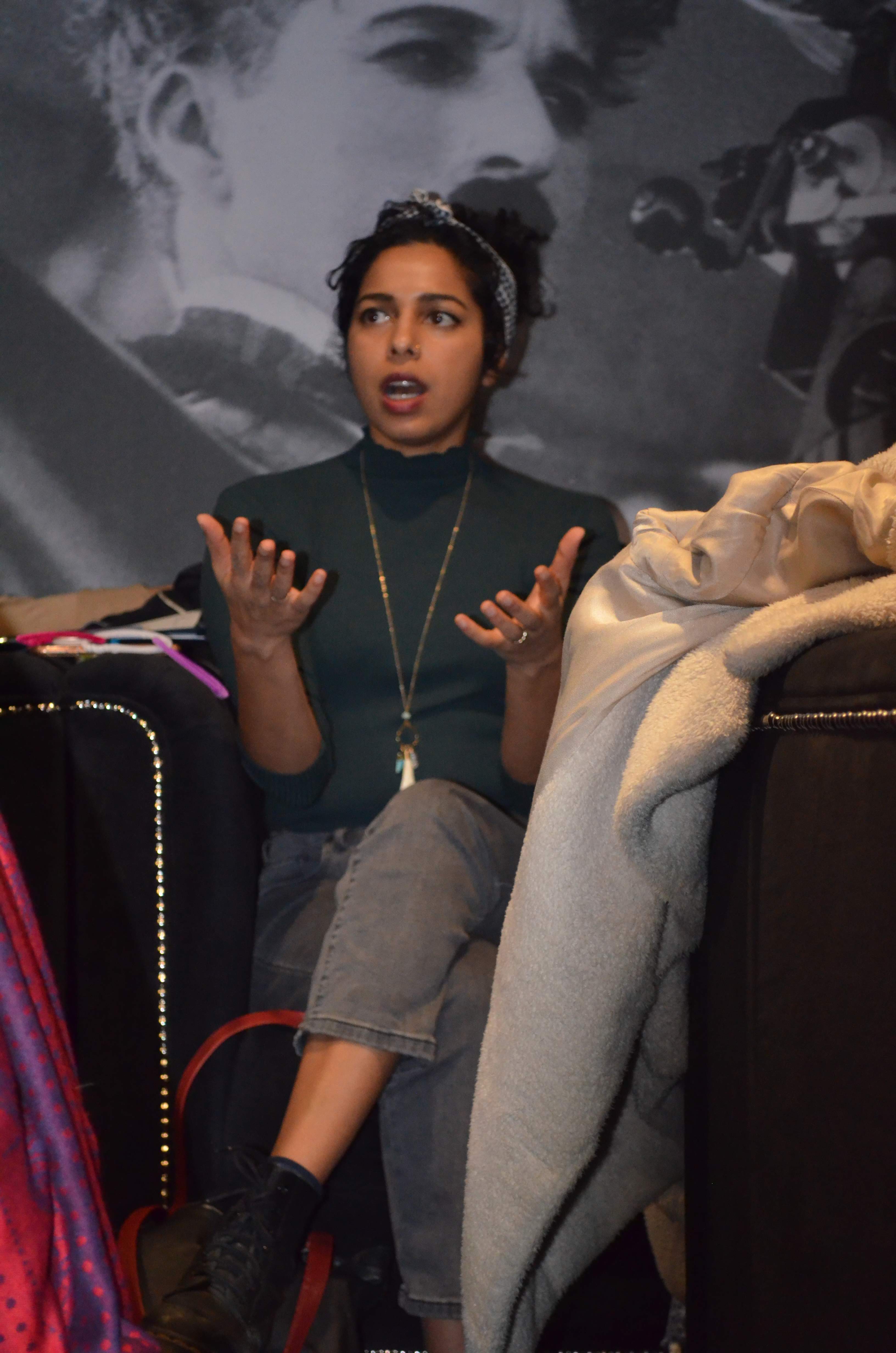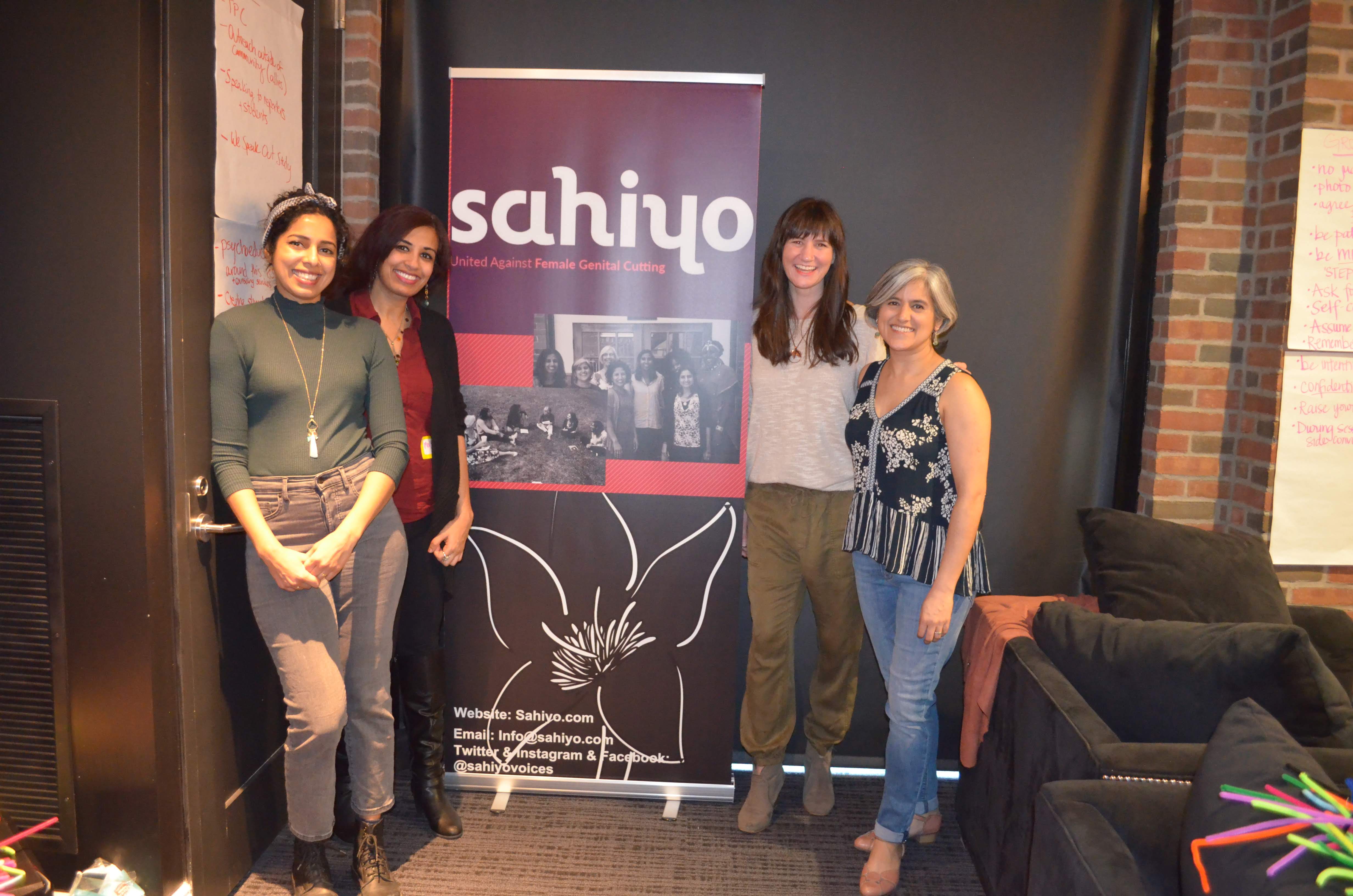By Alisha Bhagat
I first found out about female genital cutting, or khatna, in my community in my twenties; my mother told me it had been done to her. At the time I was shocked. I thought this was something that happened to other people in far off places, not to my mom or Nani or Masi. It was only after talking to other Bohra women that I realized that I was not unusual in knowing a survivor. Every woman in our community is a survivor or knows a survivor.
As I began talking to people about khatna, I started to receive some pushback. Even people who admitted the practice was outdated and unnecessary were uncomfortable speaking about it. In the grand scheme of things, I was told, this is so small. It’s such a small pinch of skin. It’s just a moment in a girl’s life. It’s not indicative of who we are and all the good things we have done and built.
 But I believe the opposite, it is precisely in small moments that we show what we value and who we are. Khatna is more than a cut, it is the manifestation of so many other underlying problems.
But I believe the opposite, it is precisely in small moments that we show what we value and who we are. Khatna is more than a cut, it is the manifestation of so many other underlying problems.
As activists we focus on khatna for a few reasons. First we believe this practice itself is traumatic, unnecessary, and has long lasting implications for women’s health and sexuality. It is a straightforward violation of bodily autonomy. Second, the culture surrounding it speaks to the way in which we are shamed, silenced, diminished, threatened, and put in our places.
Earlier this year I attended the Sahiyo Activist Retreat. This retreat help me see how khatna is part of a large system. Just as there are many factors that perpetuate this practice (culture of shame, silence, and devaluation of female sexual experience) there are also many ways in which we have leverage to act.
The retreat highlighted different areas in which we can act to both support survivors and end this practice through the legal system, the medical establishment, in our places of worship, our homes, and our families. At the foundation of all of this is storytelling. Without survivors and allies sharing their stories, the topic remains shrouded in silence.
My hope is that the retreat will help grow our community of activists. And that there will be other safe spaces for people to talk, share stories, and connect. Most importantly, for us to create new models of being in the world, creating new spaces and communities.

